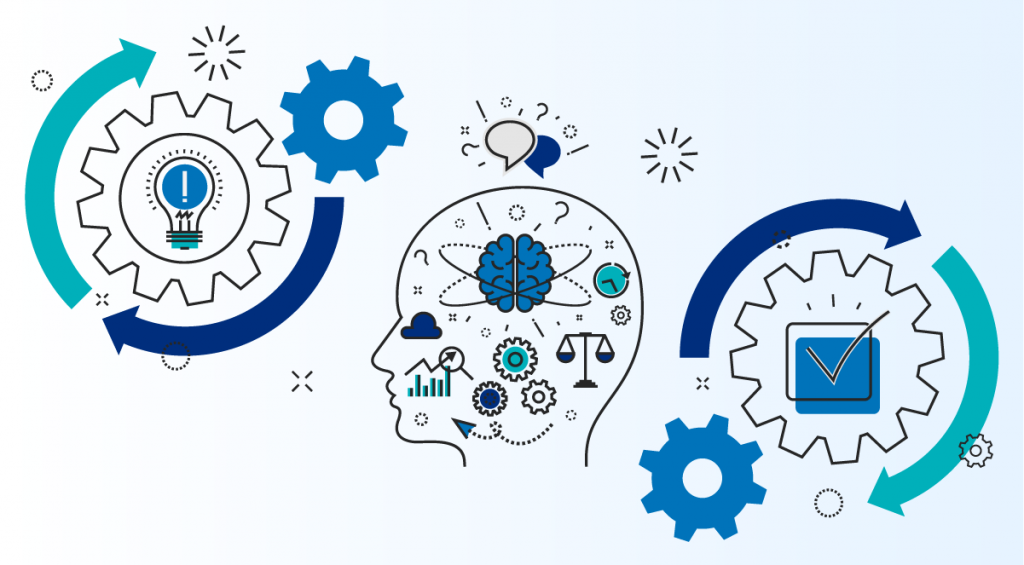Development of information systems for business processes
Information systems (IS) are a coordinated complex, which includes: databases, database management system, application software.
The development of information systems adapted to the specifics of business is in demand by customers who are engaged in special types of business and who do not have the opportunity to apply ready-made solutions.
An information system is necessary for the automation of business processes that obey a certain logic of information processing. It provides data storage and output in the form of various reports reflecting the process.

Development of an information system
Development of IS can be carried out by two methods:
combining the information systems available in the company into one, or the initial creation of an information system.
The development is concluded in the following stages:
- analysis of the client’s business with the definition of IS requirements;
- development of technical documentation (TD) of the system, definition of functions and architecture;
- software development;
- testing and direct implementation of the information system.
By using the information system, the company is able to reach a higher level of functioning, achieve control over activities, increase revenues, reduce costs, and reduce the time spent on production processes. The development of such a system makes it possible to automate business processes, conduct an error-free analysis of the company’s activity in order to identify priority areas of business.
Automation of business processes
This is, first of all, the creation of a consolidated information environment, with the help of which all departments of the company function, and the coordinated work of the employees of the departments is ensured.
The work process for each employee is organized, while duplicating personnel functions are excluded. The manageability of the enterprise increases due to the control of corporate discipline.niy.
The operational accounting system should also provide the company’s managers and senior managers with operational information that is necessary for the implementation of management decisions. At the same time, the operational accounting system is combined with accounting systems.

Accounting systems often do not satisfy all the information needs of business, because they are aimed at the formation of accounting reports for the relevant regulatory authorities and provide information about business operations in terms of the requirements of tax authorities. They have strict requirements for accuracy, but reduced requirements for efficiency. This, in turn, does not satisfy the operational information requirements of managers at all levels. Complex automation of the enterprise involves the integration of process automation systems, operational accounting, accounting systems, as well as a WEB portal, which is also taken into account when developing information systems.
